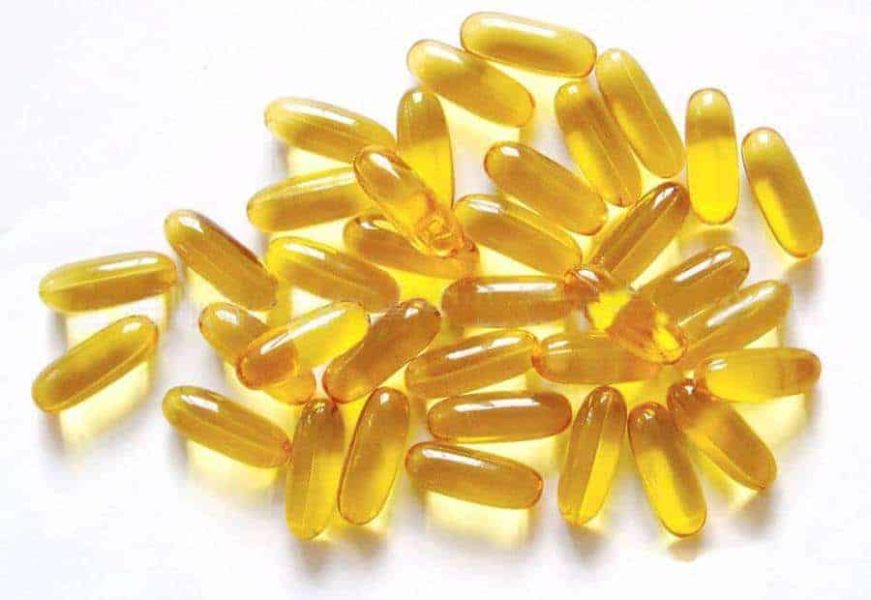A second large, prospective study by scientists at Fred Hutchinson Cancer Research Center has confirmed the link between high blood concentrations of omega-3 fatty acids and an increased risk of prostate cancer.
Published July 11 in the online edition of the Journal of the National Cancer Institute, the latest findings indicate that high concentrations of EPA, DPA and DHA – the three anti-inflammatory and metabolically related fatty acids derived from fatty fish and fish-oil supplements – are associated with a 71 percent increased risk of high-grade prostate cancer. The study also found a 44 percent increase in the risk of low-grade prostate cancer and an overall 43 percent increase in risk for all prostate cancers.
The increase in risk for high-grade prostate cancer is important because those tumors are more likely to be fatal.
The findings confirm a 2011 study published by the same Fred Hutch scientific team that reported a similar link between high blood concentrations of DHA and a more than doubling of the risk for developing high-grade prostate cancer. The latest study also confirms results from a large European study.
“The consistency of these findings suggests that these fatty acids are involved in prostate tumorigenesis and recommendations to increase long-chain omega-3 fatty acid intake, in particular through supplementation, should consider its potential risks,” the authors wrote.
“We’ve shown once again that use of nutritional supplements may be harmful,” said Alan Kristal, Dr.P.H., the paper’s senior author and member of the Fred Hutch Public Health Sciences Division. Kristal also noted a recent analysis published in the Journal of the American Medical Association that questioned the benefit of omega-3 supplementation for cardiovascular diseases. The analysis, which combined the data from 20 studies, found no reduction in all-cause mortality, heart attacks or strokes.
“What’s important is that we have been able to replicate our findings from 2011 and we have confirmed that marine omega-3 fatty acids play a role in prostate cancer occurrence,” said corresponding author Theodore Brasky, Ph.D., a research assistant professor at The Ohio State University Comprehensive Cancer Center who was a postdoctoral trainee at Fred Hutch when the research was conducted. “It’s important to note, however, that these results do not address the question of whether omega-3’s play a detrimental role in prostate cancer prognosis,” he said.
Kristal said the findings in both Fred Hutch studies were surprising because omega-3 fatty acids are believed to have a host of positive health effects based on their anti-inflammatory properties. Inflammation plays a role in the development and growth of many cancers.
It is unclear from this study why high levels of omega-3 fatty acids would increase prostate cancer risk, according to the authors, however the replication of this finding in two large studies indicates the need for further research into possible mechanisms. One potentially harmful effect of omega-3 fatty acids is their conversion into compounds that can cause damage to cells and DNA, and their role in immunosuppression. Whether these effects impact cancer risk is not known.
The difference in blood concentrations of omega-3 fatty acids between the lowest and highest risk groups was about 2.5 percentage points (3.2 percent vs. 5.7 percent), which is somewhat larger than the effect of eating salmon twice a week, Kristal said.
The current study analyzed data and specimens collected from men who participated in the Selenium and Vitamin E Cancer Prevention Trial (SELECT), a large randomized, placebo-controlled trial to test whether selenium and vitamin E, either alone or combined, reduced prostate cancer risk. That study showed no benefit from selenium intake and an increase in prostate cancers in men who took vitamin E.
The group included in the this analysis consisted of 834 men who had been diagnosed with incident, primary prostate cancers (156 were high-grade cancer) along with a comparison group of 1,393 men selected randomly from the 35,500 participants in SELECT.
The National Cancer Institute and the National Center for Complementary and Alternative Medicine funded the research.
Also participating in the study were additional Fred Hutch scientists and researchers from the University of Texas, University of California, University of Washington, National Cancer Institute and the Cleveland Clinic.
Editor’s note: Please contact Kristen Woodward, Fred Hutch media relations, to schedule interviews and to obtain an embargoed copy of the paper, “Plasma Phospholipid Fatty Acids and Prostate Cancer Risk in the Selenium and Vitamin E Cancer Prevention Trial.”


